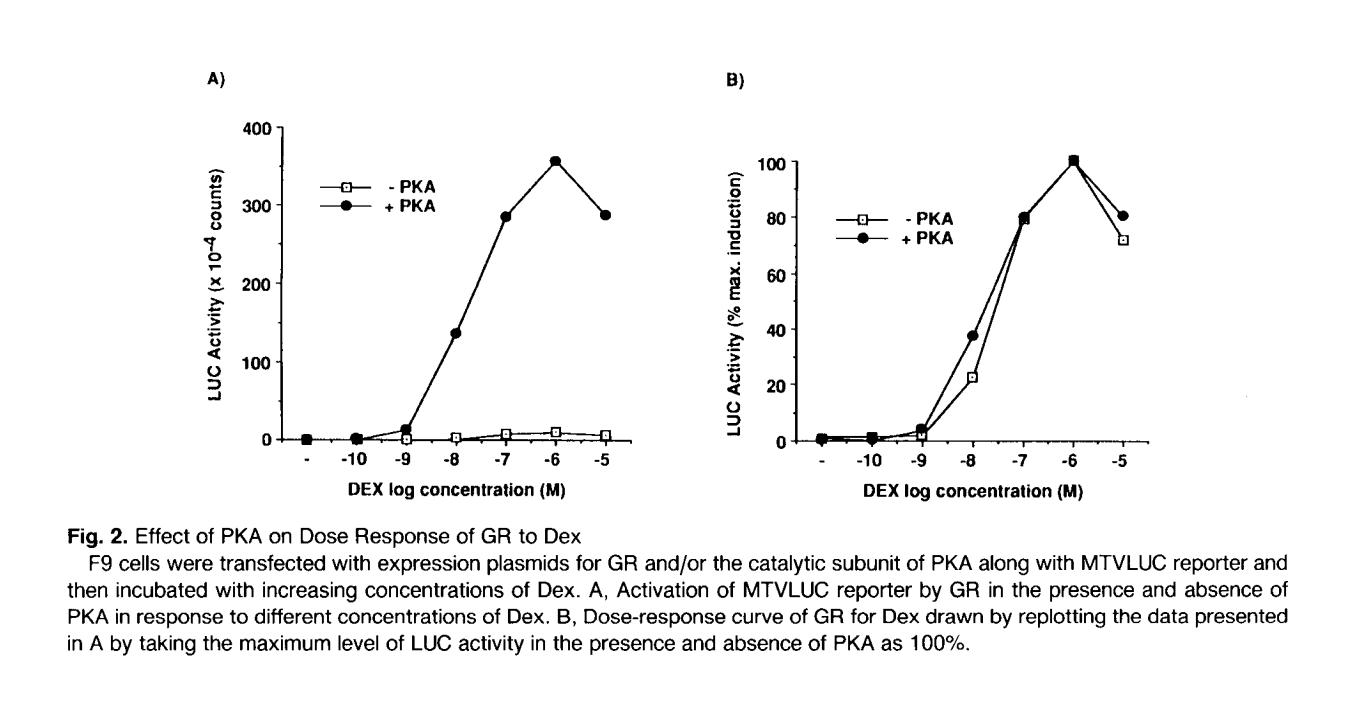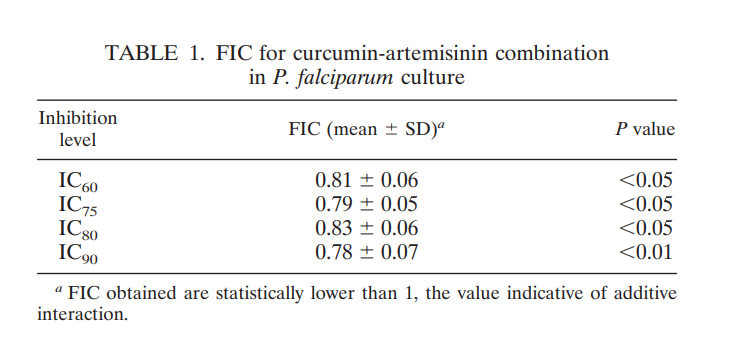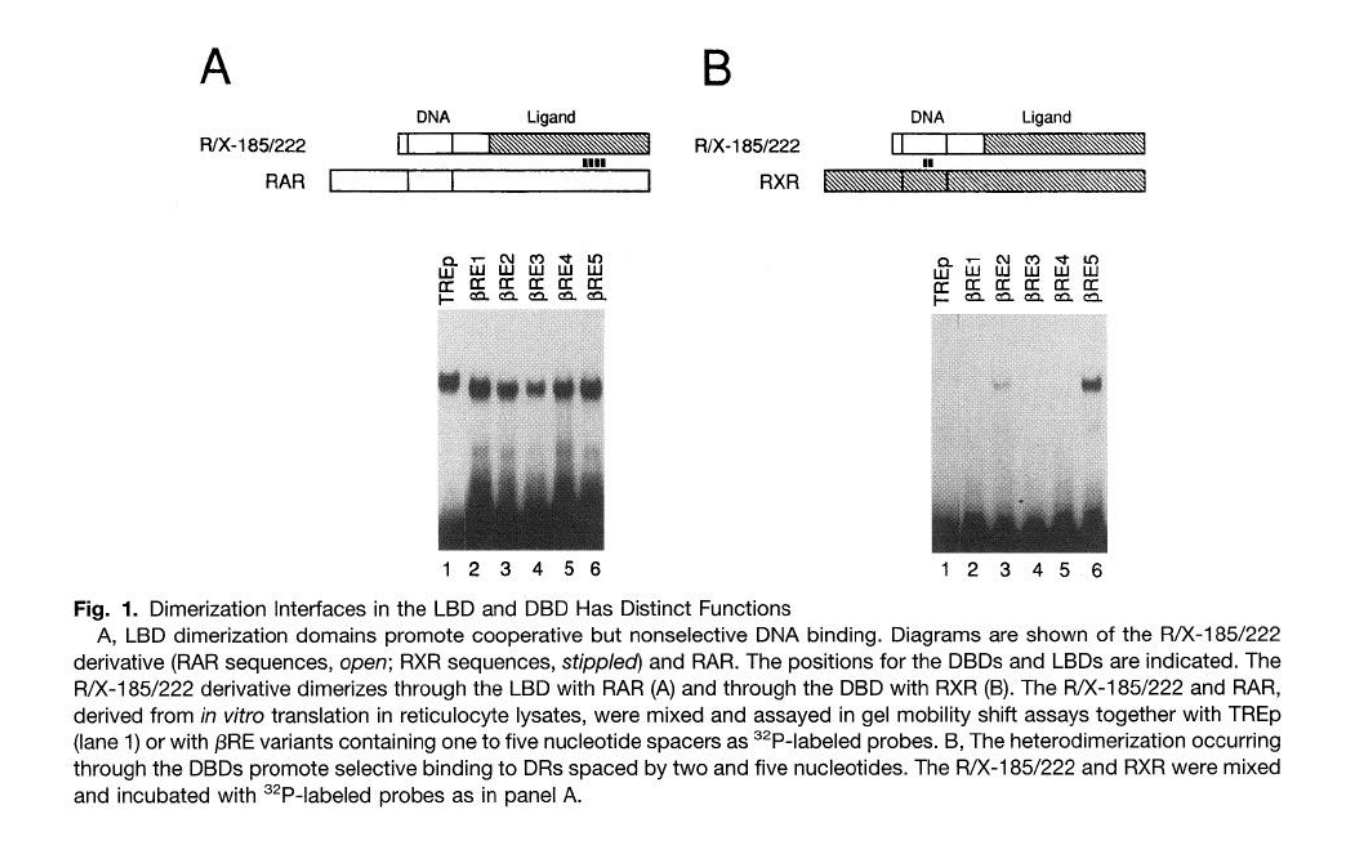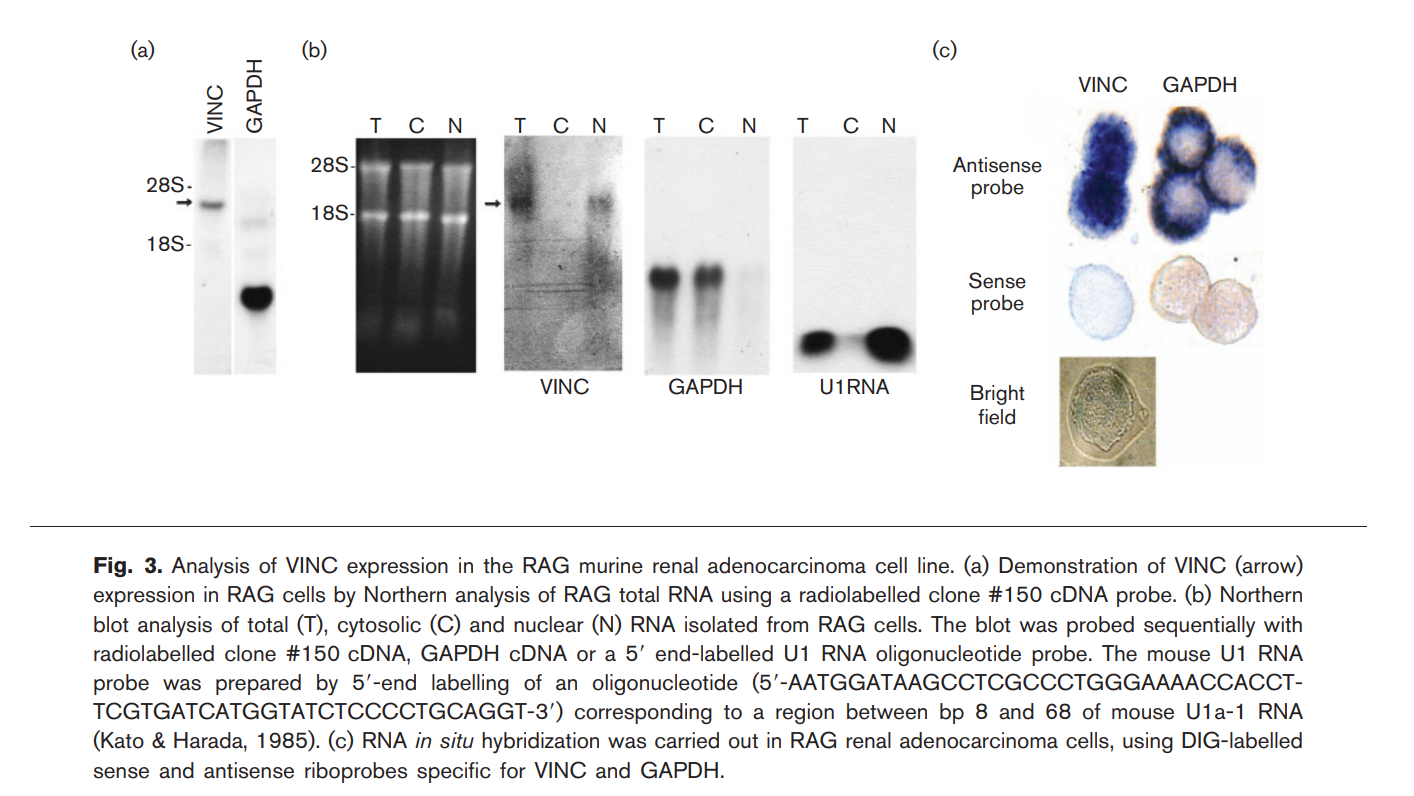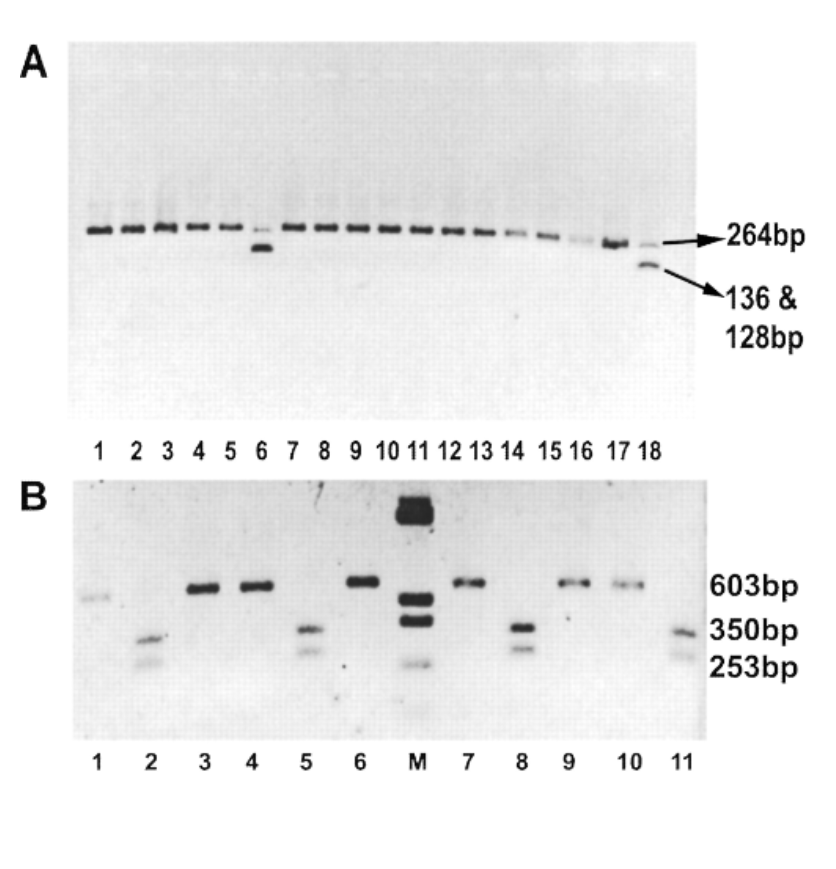Modulation of glucocorticoid receptor function by protein kinase A.
Protein kinase A (PKA) has been shown to modulate the pattern of gene expression via transcription factors such as cAMP response element binding protein. However, in F9 embryonal carcinoma cells which lack endogenous functional cAMP response element binding protein, we have found that PKA is still able to control gene ...
Curcumin-Artemisinin Combination Therapy for Malaria
Artemisinin and curcumin show an additive interaction in killing Plasmodium falciparum in culture. In vivo, 3 oral doses of curcumin following a single injection of ,-arteether to Plasmodium berghei -infected mice are able to prevent recrudescence due to ,-arteether monotherapy and ensure almost 100% survival of the an...
Two distinct dimerization interfaces differentially modulate target gene specificity of nuclear hormo
Several nuclear receptors including the all-trans retinoic acid receptor RAR, form heterodimers with the 9-cis retinoic acid receptor, RXR. RXR-RAR heterodimers show an impressive flexibility in DNA binding and can recognize palindromic, inverted palindromes and direct repeats of the core half-site sequence AGGTCA. Dim...
Identification and characterization of a virus-inducible non-coding RNA in mouse brain
Infection of mice with Japanese encephalitis virus or Rabies virus results in the activation of a gene encoding a novel, non-coding RNA (ncRNA) in the mouse central nervous system. This transcript, named virus-inducible ncRNA (VINC), is identical to a 3.18 kb transcript expressed in mouse neonate skin (GenBank access...
WIDESPREAD OCCURRENCE OF THE PLASMODIUM FALCIPARUM CHLOROQUINE RESISTANCE TRANSPORTER (PFCRT) GENE HA
The Plasmodium falciparum chloroquine resistance transporter ( Pfcrt) K76T mutation and haplotype (amino acids 7276) and the P. falciparum multidrug resistance 1 ( Pfmdr1) mutation (N86Y) were analyzed as markers of chloroquine resistance in the DNAs of 73 blood samples from patients with P. falciparum malaria in India...




